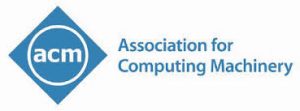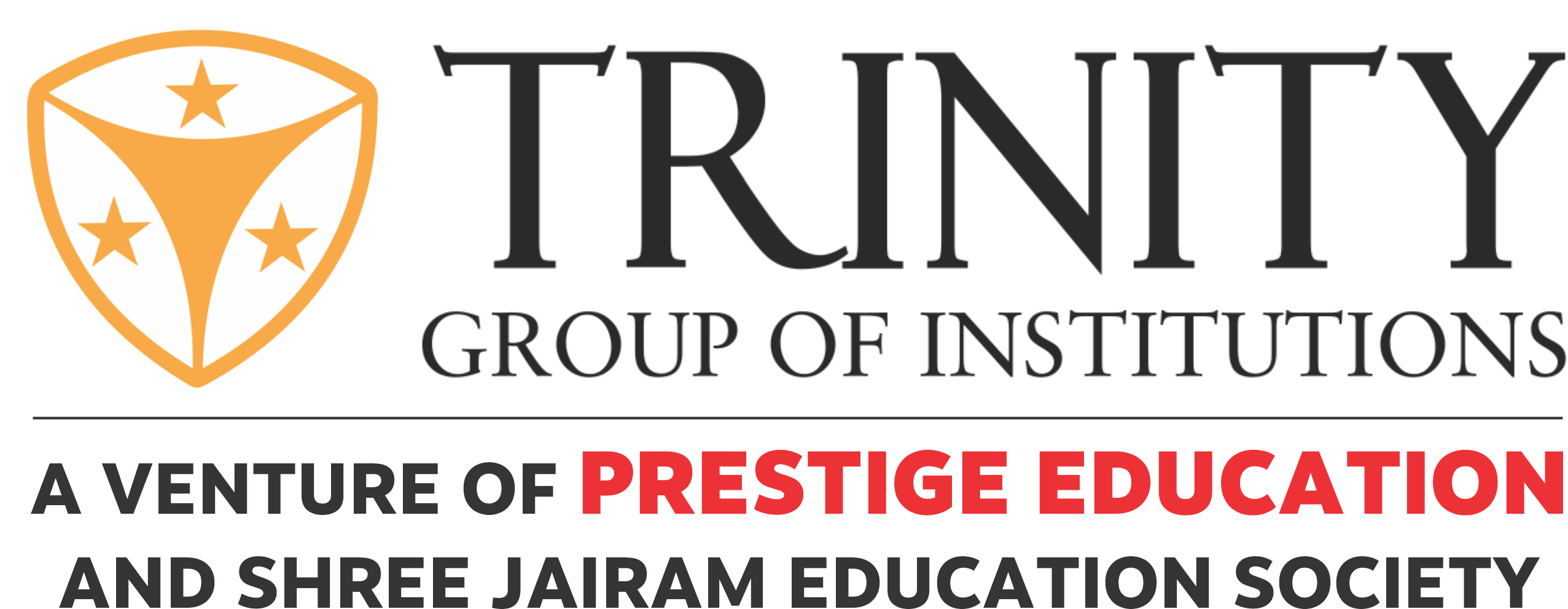Membership
ACM membership is drawn from all sectors of the computing sciences and their applications, from the design and construction of computers to the development of appropriate programming theory and languages and the utilization of computers in scientific investigation, industrial control, management data processing, and the humanities.
Originally, membership in ACM was open to all interested in the purposes of the Association. In 1966, ACM adopted grades of membership, which currently include ” Professional Member” and “Student Member.” Eligibility for these grades is defined as follows: Professional Members are those who subscribe to the purposes of the Association and satisfy one of the following qualifications: 1. Bachelor’s Degree; 2. Equivalent level of education; or 3. Two years full-time employment in the IT field. Student Members are those who subscribe to the purposes of the Association.
Presently, professional and student membership totals over 100,000 worldwide. Institutional memberships for companies and universities were introduced in 1960.
About the ACM Organization
ACM brings together computing educators, researchers, and professionals to inspire dialogue, share resources, and address the field’s challenges. As the world’s largest computing society, ACM strengthens the profession’s collective voice through strong leadership, promotion of the highest standards, and recognition of technical excellence. ACM supports the professional growth of its members by providing opportunities for life‐long learning, career development, and professional networking.
Founded at the dawn of the computer age, ACM’s reach extends to every part of the globe, with more than half of its nearly 100,000 members residing outside the U.S. Its growing membership has led to Councils in Europe, India, and China, fostering networking opportunities that strengthen ties within and across countries and technical communities. Their actions enhance ACM’s ability to raise awareness of computing’s important technical, educational, and social issues around the world.
Special Interest Groups Form around ACM’s Powerful, Vibrant Communities
Networking opportunities in ACM’s 37 Special Interest Groups (SIGs) are always expanding, reflecting the growth of computing’s discrete disciplines and technical communities. The leading representatives of their fields, ACM SIGs sponsor annual conferences, workshops, and symposia serving practitioner‐ and research‐based constituencies. Because they provide objective arenas for novel, often competing ideas, many of these meetings have become premier global events.
Chapters: ACM’s “Local Neighborhoods”
ACM’s broad‐based infrastructure supports more than 860 professional and student chapters worldwide. These “local neighborhoods” offer opportunities for members to gain access to critical research and establish personal networking systems.
ACM, Member-driven, Volunteer-led
ACM offers volunteer opportunities for members and non‐members that create networking possibilities and enhance career development. At the grassroots level, ACM volunteers serve a growing international community of researchers, practitioners and students by lending valuable assistance at conferences, publications, webinars, and other events.
Volunteers have a direct and critical impact on ACM’s governance through the ACM Council, the highest governing authority. Volunteers also serve on the ACM Executive Committee and numerous other boards and task forces.
Volunteers – members and non-members alike – hold leadership roles in ACM journal publications as Editors‐in‐Chief, Associate Editors, and reviewers. They also comprise the ACM Education Board, which provides curriculum recommendations for four‐year universities as well as community colleges. The Board’s 2013 recommendations in computer science have even been translated into Chinese.
ACM’s ‘Big Tent’ Philosophy Embraces Diversity
The ACM community is as diverse as the subfields that comprise computer science, from educators and researchers in academia to practitioners in project management, industrial research, and software development, engineering, and application design.
This diversity extends to their gender and ethnicities. The ACM Women’s Council (ACM‐W) advocates internationally for full engagement of women in all aspects of computing. The ACM‐sponsored Richard Tapia Celebration of Diversity in Computing brings together students, faculty, researchers, and professionals from all backgrounds. It provides a supportive networking environment for under‐represented groups across a range of computing and information technology fields.
Supporting Tomorrow’s Problem Solvers Today
ACM Student Chapters enable students to fully engage in its professional activities. Participants from more than 500 colleges and universities worldwide enhance their learning through the exchange of ideas with other students and established professionals.
ACM offers $1.5 million in scholarships and an affordable Student Membership. Both undergraduate and graduate student members can compete in ACM Student Research Competitions, an internationally recognized venue hosted at ACM conferences and sponsored by Microsoft. They benefit by sharing their research with peers and academic and industry luminaries, gaining recognition and experience, and earning rewards.
ACM Publications – Advancing Research, Technology, and Innovation
As a leading global source for scientific information, ACM promotes computer research and innovation through its journals, magazines, and the proceedings of more than 170 annual conferences and symposia. ACM authors are among the world’s leading thinkers in computing and information technologies, providing original research and firsthand perspectives.
ACM also provides access to the ACM Digital Library (DL), a comprehensive and expanding database of literature and detailed bibliographic resources for computing professionals from a wide range of publishers. The DL currently includes more than 1 million articles authored by leading researchers in computing. The flagship magazine Communications of the ACM provides industry news, commentary, observations, and practical research.
 Introduction
Introduction